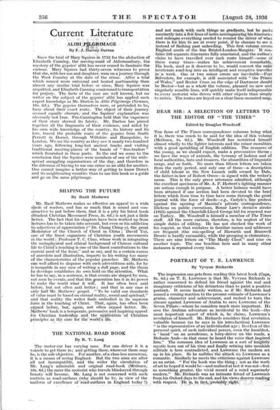ALIBI PILGRIMAGE Current Literature
By F. J. Harvey Daiton • Since the trial of Mary Squires in 1752 for the abduction of Elizabeth Canning, the serving-maid of Aldermanbury, the
mystery of the gypsies' alibi has never ceased to fascinate the curious. Mary Squires had thirty-seven witnesses to prove that she, with her son and daughter, were on a journey through the West Country at the date of the crime. After a trial' which roused more universal and heated partisanship than almost any similar trial before or since, Mary Squires was acquitted, and Elizabeth Canning condenmed to transportation for perjury. The facts of the case are well known, but no writer on the subject of the gypsies' , alibi has applied such expert knowledge as Mr. Dalton in Alibi Pilgrimage (Newnes, 105. 6d.). The gypsies themselves were, or pretended to be, hazy about their exact route. The object of their journey. seemed -equally- obscure,' and the • Squires'. explanation -was obvioutly-not -true. Pro-Canningites held that the Vagueness ' of their story showed its falsity. Mr. Darton has pieced together all the fragments of their evidence, and aided by his own wide knowledge of the country, its history and its - lore, traced the probable route of the gypsies from South Perrott in Dorset, through Wiltshire and Hampshire, to London. We see the country as they saw, it nearly two hundred years ago, following long-lost ancient tracks and visiting traditional meeting-places of the bands of " free-traders which flourished in these parts. In the end we come to the conclusion that the Squires were members of one of the wide- spread smuggling organisations of the day, and therefore in the dilemma of having to use,one, crime as an alibi, for another. One cannot imagine a better_way of getting tolmow DOrset and its neighbouring counties than to use this book as a guide and go on the same pilgrimage.






































 Previous page
Previous page